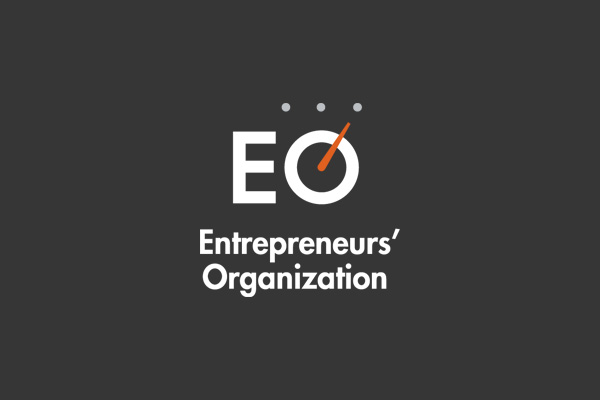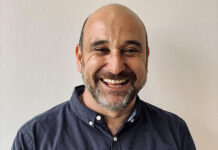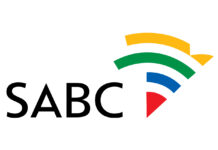Entrepreneurs across South Africa feel relieved that the Central Reserve Bank of South Africa has left rates unchanged especially off the back of the economic downgrades by Standard & Poor’s and Fitch as well as the pending Moody’s review, according to the Entrepreneurs’ Organization (EO).
EO recently released a survey (Global Entrepreneurship Indicator) indicating high levels of optimism among entrepreneurs globally, as well as in South Africa prior to the downgrades. Of entrepreneurs in Durban, Cape Town and Gauteng, 61.5% reported an increase in business revenue year on year, with 50.3% of them reporting an increase in net profit at the time of the survey which took place before the downgrade. However, since then, sentiment is shifting.
“Having spoken to members in the last month, the feeling has certainly changed and there is a strong sense of frustration and anxiety since the cabinet reshuffle and subsequent downgrade among our members,” says Ross Drakes, incoming EO president for Johannesburg. “It will be interesting to see how much the needle shifts in the next survey period, scheduled to take place in September. Until then though, members are keeping an eye on interest rates announcement such as the one made today and have discussed with one another the strategies or approaches they plan to put in place over the short to medium term.”
According to EO member, Andrew Ryan, MD of GOT Holdings, putting investments offshore has been something which he hopes will assist with cushioning any economic downturn. “We set up a business overseas which is managed and controlled by overseas employees. As a business, we have had to be careful in ensuring effective control tax laws and there is purpose in an offshore office, in our case procurement, and is not just a post office.”
Ryan expects the downgrade to have a 50/50 chance of impacting his business but has three guidelines in mind on how to navigate this period. “I plan to use a three point change as a benchmark in the interest rate when making business decisions. Debt will be the first to go, where possible, as well as underperforming assets not keeping up with inflation. I plan to cut costs but not in the area of marketing. As a matter of fact, this is where I would increase spend and focus on being more effective in our marketing efforts,” says Ryan.
In terms of businesses which may be more resilient, property and debt recovery are possibly sectors which will be less exposed to risk.
Saskia Hill, MD of MCS Debt Recovery and an EO member, acknowledges that being in the debt collection industry, they are likely to get more accounts handed over for collections when times are tough.
“When consumers come under pressure, not being able to pay off debt is a negative consequence of a downturn, yet it is also indicative of how opportunities can exist for entrepreneurs when times are tough and that everything is cyclical. It is important for entrepreneurs to do what they can, whether times are good or not, and for me, cash is king. As and when we can, we pay cash for everything and avoid taking on too much debt. Of course, this is not applicable to all industries but it is about being able to identify opportunities such as this through shared experience,” says Hill.
Another option for entrepreneurs to consider is the export market. The local Department of Trade and Industry (DTI) will sponsor trips overseas (60% of flights and 60% of accommodation) if travelling for potential export business. “I have been to Holland on such a basis while looking at business opportunities. You can get 100% full sponsorship from the national DTI but I found more success with the local DTI,” adds Hill.
Another resilient industry is property. “Great property deals always exist when the rest of the market stops buying and everybody is keen to sell, or required to when bonds become either too expensive or home owners are looking to liquidate assets,” says Grant Gavin, MD of RE/MAX Panache and an EO member.
“What we do see as a potential threat is our employees who are going to be concerned about job security,” says Gavin. “Leaders need to bring certainty when none exists. Mind-set becomes important and therefore leaders need to spend more time focussing on motivation and inspiration. At the end of the day, employees still have a job to do, and even though it may be tougher, a job still needs to be done. This is a time when leaders will be defined from the managers. If there is any area where we will not be cutting costs, it will be in training our staff. Another area where we would increase spend is in marketing. That way, when the market rebounds, and our competitors cut marketing spend, we will emerge as a stronger brand. This approach has been tried and tested.”
Based on feedback and discussions with the EO members, there seems to be consensus that while businesses can expect difficult times ahead, a strong network and support system is critical to keeping heads above the water. “Being an entrepreneur can be very lonely and having a network to tap into is extremely valuable. The purpose of an organisation such as EO is it allows for entrepreneurs to speak to each other and it certainly helps knowing you are not the only one going through certain problems and this helps enormously,” says Drakes.
About the Entrepreneurs’ Organization
The Entrepreneurs’ Organization (EO) is a global, peer-to-peer network of 12,000+ influential business owners with 160 chapters in 50 countries. Founded in 1987, EO is the catalyst that enables leading entrepreneurs to learn and grow, leading to greater success in business and beyond.
EO opened its First South African chapter in Jhb in 2005, a chapter followed in Cape Town in 2011 and Durban in 2015. On the rest of the continent, EO has chapters in Dar es Salaam (Tanzania), Nairobi (Kenya), Abuja & Lagos (Nigeria) and Mauritius. EO announced that it plans to expand to Accra (Ghana), Angola (Luanda) and Pretoria. The focus is now on the rest of Africa and the MEPA region.
There are currently 850 member entrepreneurs across the region, employing 347 000 people, with an average turnover per business of US$5m pa.























































































